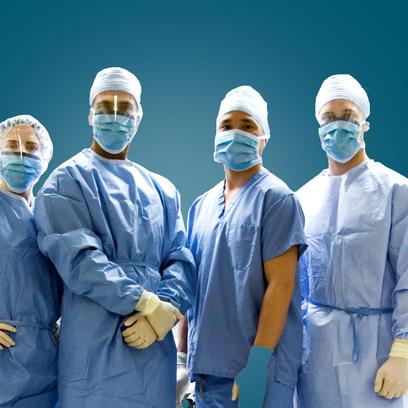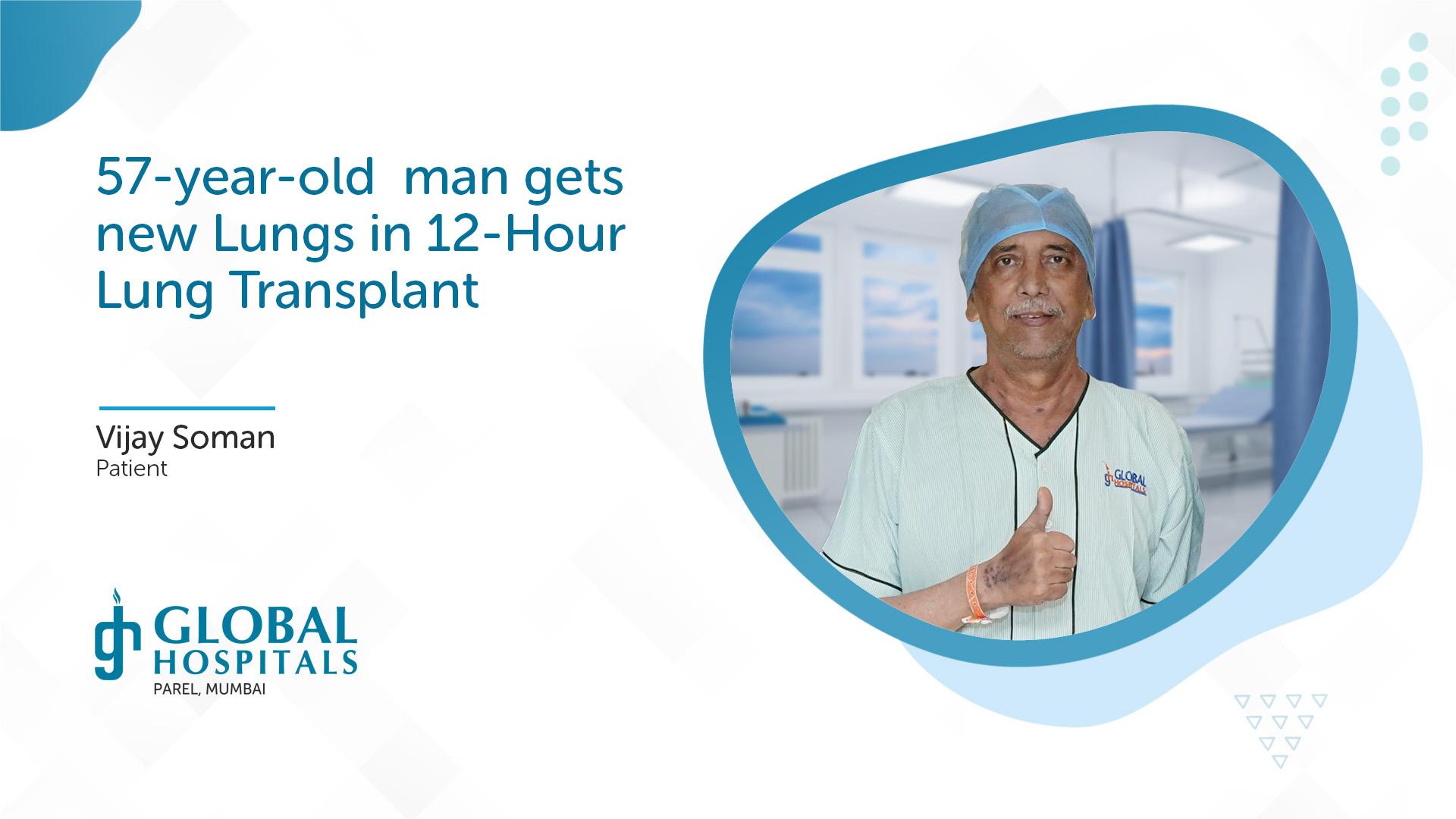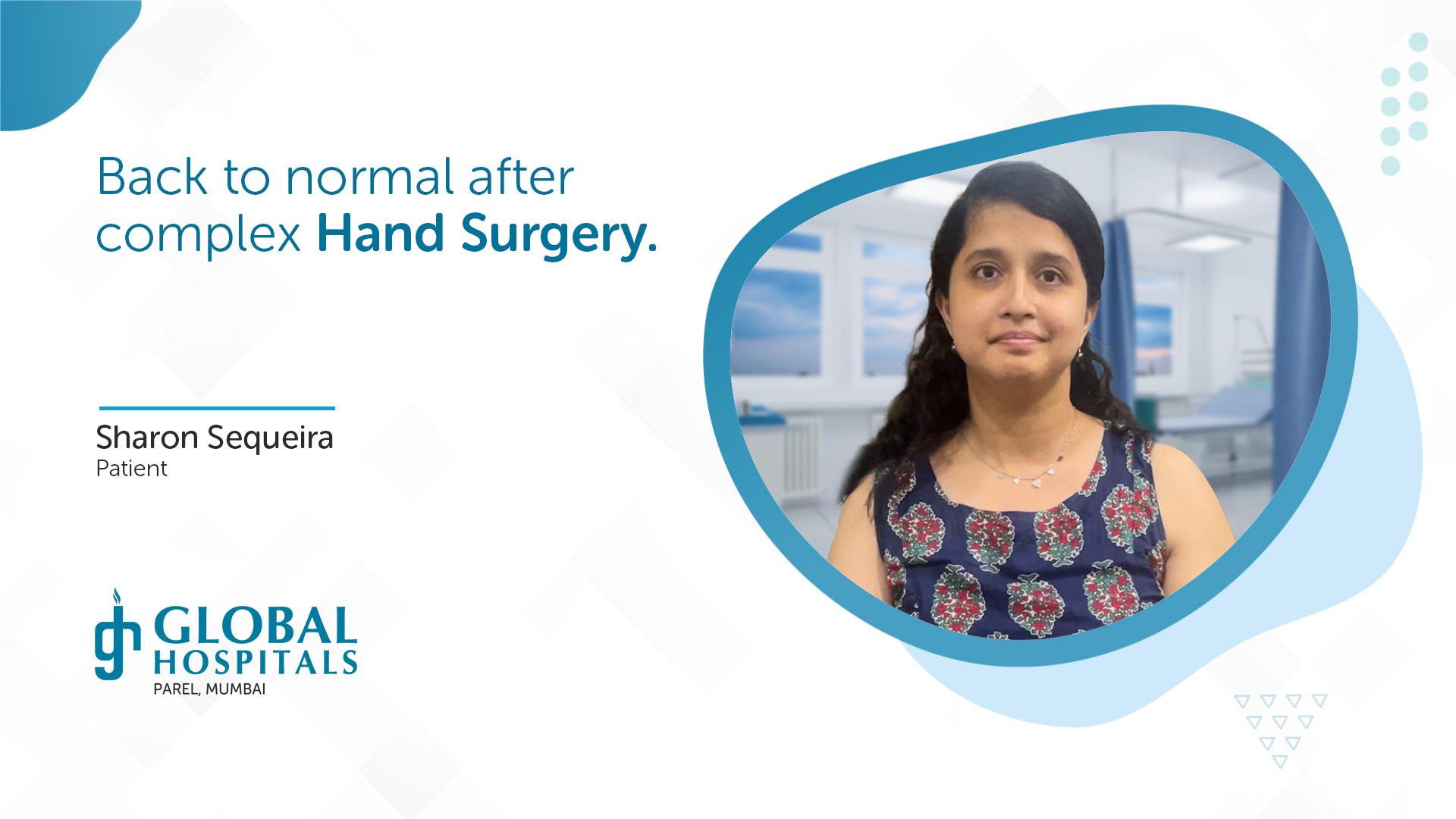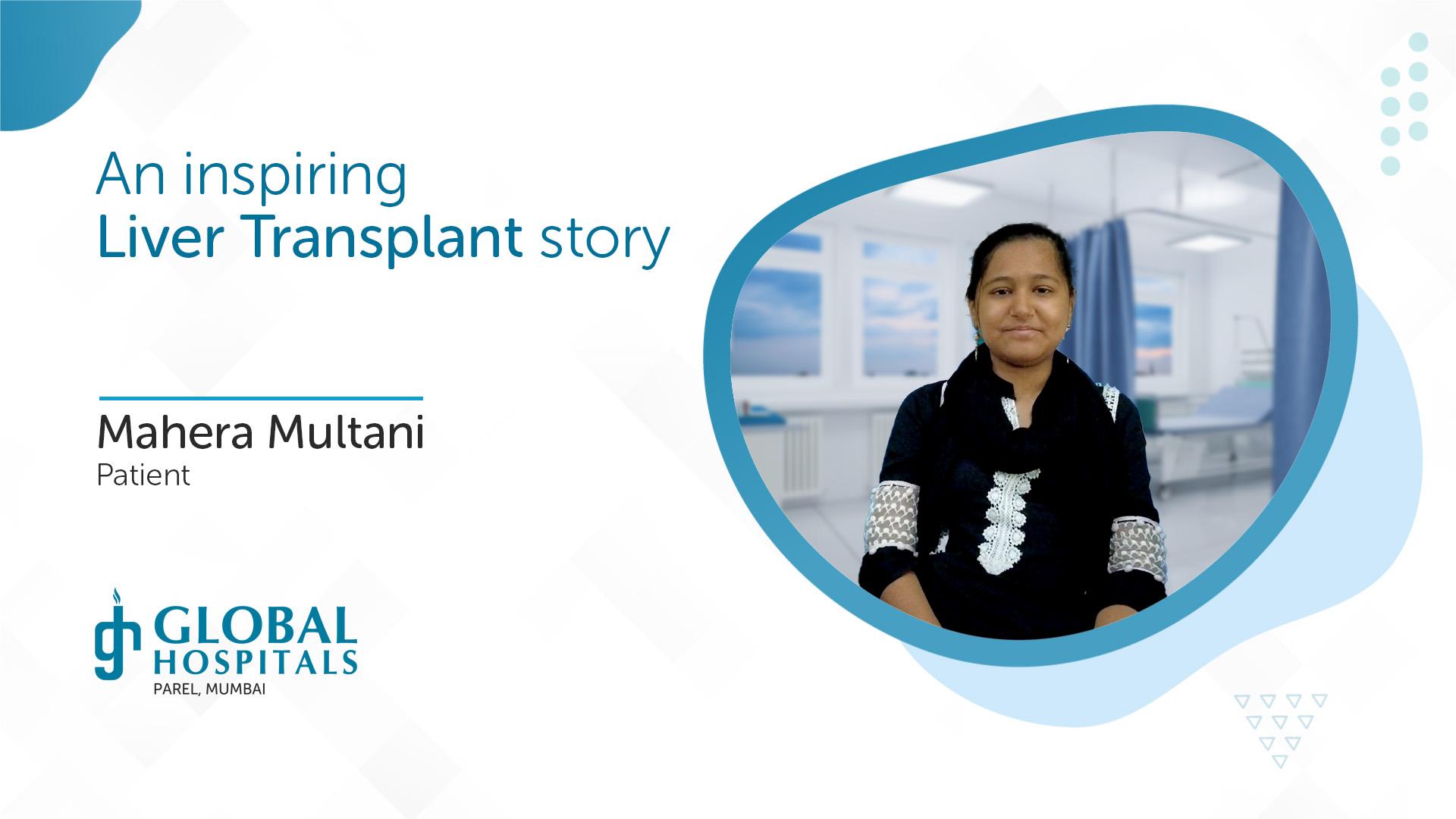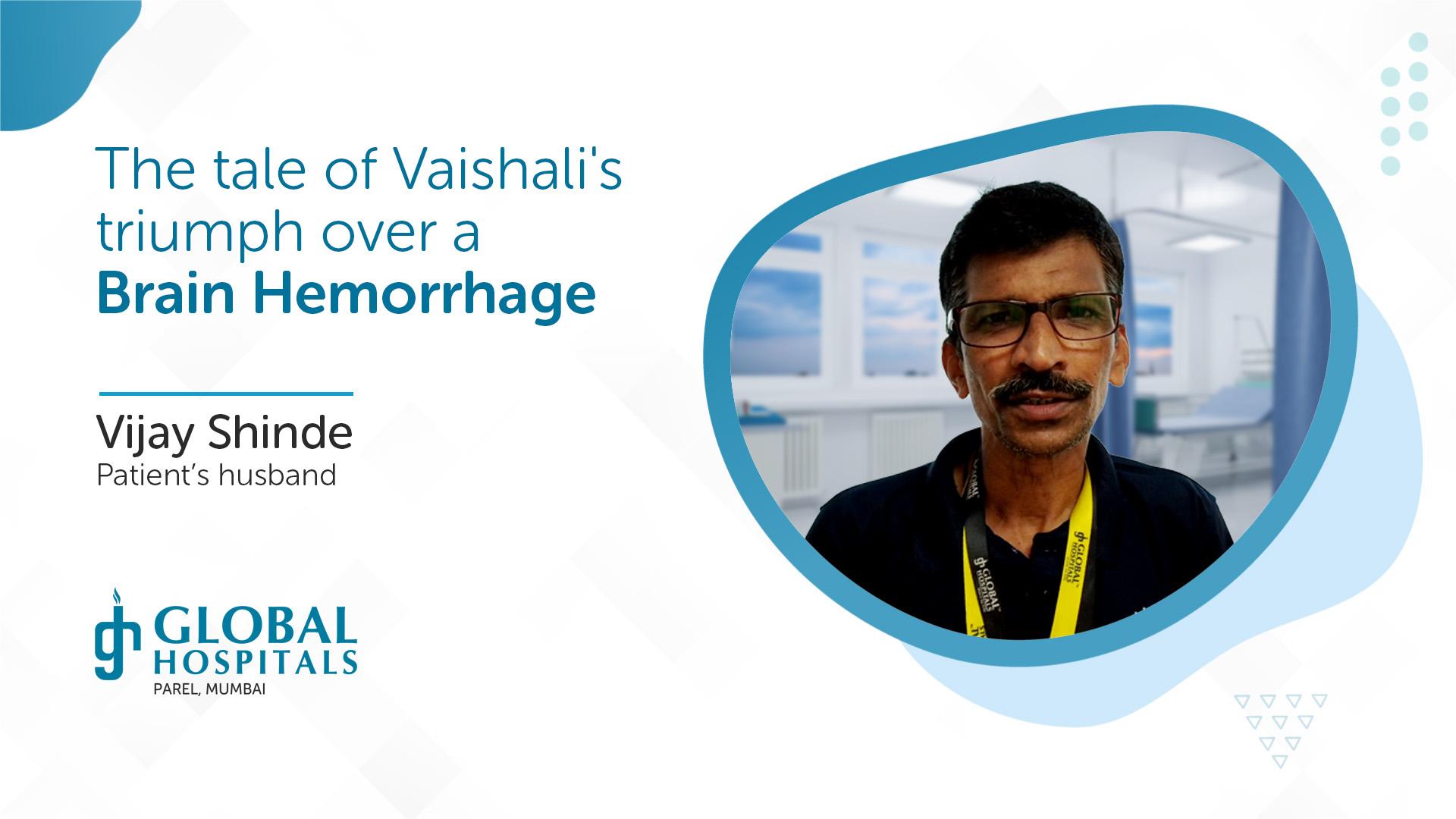
Welcome to Gleneagles Hospital, Parel
Gleneagles Hospital in Parel, Mumbai, India, stands as the premier multispecialty medical centre in the region. Renowned as Western India’s top destination for multi-organ transplants, it is a quaternary care facility offering a comprehensive range of medical services. Specialising in Cardiology, Neurology, Gastroenterology, Hepatology, Nephrology, Read more
Key Specialties
View all- Cardiology

- Neurology

- Pulmonology, Interventional Pulmonology and Sleep Medicine

- Medical Gastroenterology

- Orthopaedics and Joint Replacement

- HPB Surgery

- Urology and Urogynaecology

- Hepatology

- Nephrology

- Cardiothoracic and Vascular Surgery

- Neuro and Spine Surgery

- Plastic, Cosmetic and Reconstructive Surgery

Our Doctors
View all Dr Gaurav Chaubal
Dr Gaurav ChaubalMBBS, MS (General Surgery), MCh (Surgical Gastroenterology) AIIMS- Delhi, Fellowship in Abdominal Transplant Surgery, Duke University Medical Hospital, USA
Director Dr Samir Shah
Dr Samir ShahMD, DM Gastroenterology
Director Dr Nilesh Satbhai
Dr Nilesh SatbhaiMBBS, MS, MCh
Senior Consultant & Head of Dep… Dr Pankaj Agarwal
Dr Pankaj AgarwalMBBS, MD, DNB, DM, Movement Disorders Fellowship
Head Of Department Dr Bharat Shah
Dr Bharat ShahMBBS, MD, DNB
Director and Head Of Department Dr Manjusha Agarwal
Dr Manjusha AgarwalMBBS, MD
Senior Consultant Dr Meghraj Ingle
Dr Meghraj IngleMBBS, MD, DrNB Medical Gastroenterology
Director
Key Facts
- 10
Operation Theatres
- 3 Tesla
MRI Machine
- DaVinci
Robot Xi
- 24X7
Cath Lab
 128 Slices
128 SlicesCT Scan
- 24X7
Emergency Depart…
 Bi Plane
Bi PlaneCath Lab Machine
 Double
DoubleBalloon Enteroscopy
Need Help
Accreditations
 NABH
NABHIndian Standard for Hospital Accreditation
 NABB
NABBIndian Standard for Blood Bank Accreditation
 NABH
NABHIndian Standard for ER Accreditation
 NABH
NABHIndian Standard for Nursing Excellence
 NABL
NABLIndian Standard for Laboratory Accreditation












